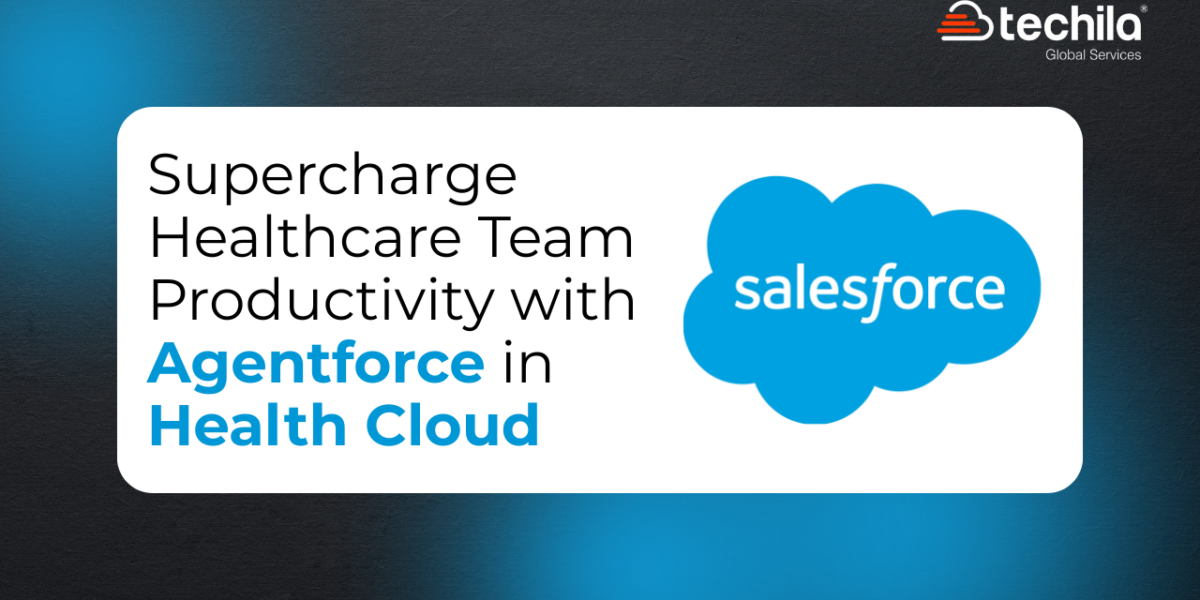Introduction:
When many hear “Salesforce,” they immediately think “CRM” – customer relationship management, primarily focused on sales and marketing. And while Salesforce’s roots are undeniably in CRM, to pigeonhole Salesforce Manufacturing Cloud as just a sales tool for manufacturers would be a significant oversight. In today’s complex industrial landscape, Manufacturing Cloud is emerging as a holistic platform that drives operational efficiency, enhances partner collaboration, and provides unprecedented visibility across the entire value chain.
The CRM Misconception: Why It’s Limiting for Manufacturers
It’s true that a robust CRM is vital for any business, including manufacturing. Managing leads, tracking opportunities, and nurturing customer relationships are fundamental. However, the manufacturing industry faces unique challenges that extend far beyond typical sales processes:
- Complex Sales Agreements: Manufacturers often deal with long-term contracts, volume commitments, and highly specific product configurations, not just one-off sales.
- Volatile Demand & Supply: Fluctuating raw material costs, geopolitical events, and sudden shifts in customer demand require agile forecasting and planning.
- Extensive Partner Networks: Dealers, distributors, suppliers, and service providers all play critical roles and need seamless collaboration.
- Post-Sales Service & Warranties: Supporting complex products throughout their lifecycle, from installation to maintenance and repair, is crucial for customer satisfaction and brand reputation.
- Operational Visibility: Connecting sales forecasts to production schedules, inventory levels, and logistics is essential for efficiency.
A traditional CRM simply isn’t built to handle these intricate, industry-specific requirements.
Manufacturing Cloud: A Strategic Operational Platform
Salesforce Manufacturing Cloud leverages the power and flexibility of the Salesforce platform, but it’s purpose-built with industry-specific functionalities that extend its utility far beyond just managing customer interactions. Think of it less as a standalone CRM and more as a connected operational hub.
Here’s how Manufacturing Cloud transcends the traditional CRM definition:
- Sales Agreements & Account-Based Forecasting:
- This is a cornerstone feature that goes beyond standard sales orders. It allows manufacturers to manage long-term sales agreements with customers, including predicted and actual volumes, revenue, and product mixes.
- It brings sales and operations together by providing a unified view of forecasts, enabling more accurate production planning, resource allocation, and inventory management. This isn’t just about selling; it’s about delivering efficiently on long-term commitments.
- Run-Rate Business Management:
- Many manufacturers operate on a “run-rate” basis with recurring orders. Manufacturing Cloud helps manage these ongoing relationships and predictable revenue streams, providing insights into customer lifetime value and consistent demand.
- Partner Collaboration & Community Cloud Integration:
- It extends the platform’s reach to your entire partner ecosystem. Through integrated partner communities, manufacturers can share real-time sales agreements, forecasts, leads, and even track joint performance with dealers and distributors. This fosters deeper collaboration and mutual growth, making partners an extension of your own team.
- Rebate Management:
- Automating and streamlining complex rebate programs is a significant operational win. Manufacturing Cloud ensures accurate calculation and timely payment of rebates, improving partner relationships and financial transparency, a function far removed from a typical sales process.
- Service Integration (with Field Service Lightning & Warranty Management):
- While technically a separate Salesforce product, Manufacturing Cloud seamlessly integrates with Salesforce Field Service. This allows manufacturers to connect sales and product data with field service operations, enabling proactive maintenance, efficient dispatching, and comprehensive warranty management. This creates a full lifecycle view of the product and customer, not just the initial sale.
- Demand Planning & Supply Chain Visibility:
- By consolidating data from sales agreements, forecasts, and actuals, Manufacturing Cloud provides a clearer picture of demand. While not an ERP, it provides critical inputs that enhance the effectiveness of your ERP and supply chain planning systems, helping to optimize inventory and reduce costs.
The Strategic Advantage for Manufacturers:
By looking beyond the traditional CRM lens, manufacturers can unlock the full potential of Salesforce Manufacturing Cloud. It’s a strategic investment that enables:
- Greater Predictability: Align sales and operations with accurate, unified forecasts.
- Enhanced Efficiency: Automate complex agreement management and rebate processes.
- Stronger Partnerships: Foster deeper collaboration with your entire dealer and supplier network.
- Improved Customer Experience: Deliver on promises consistently and provide proactive, excellent post-sales support.
- Agile Response: Gain the visibility needed to react swiftly to market changes and supply chain disruptions.
Conclusion:
Salesforce Manufacturing Cloud is more than an advanced CRM; it’s an industry-specific platform designed to tackle the unique challenges and opportunities of the manufacturing sector. By unifying sales, operations, and partner ecosystems, it provides manufacturers with the tools to not only manage customer relationships effectively but also to optimize their entire value chain, drive operational excellence, and ultimately, build a more resilient and profitable business. It’s time to recognize its true power – far beyond just a sales tool.

 +1 561 220 0044
+1 561 220 0044 +61 255 646464
+61 255 646464 +91 909 080
3080
+91 909 080
3080

